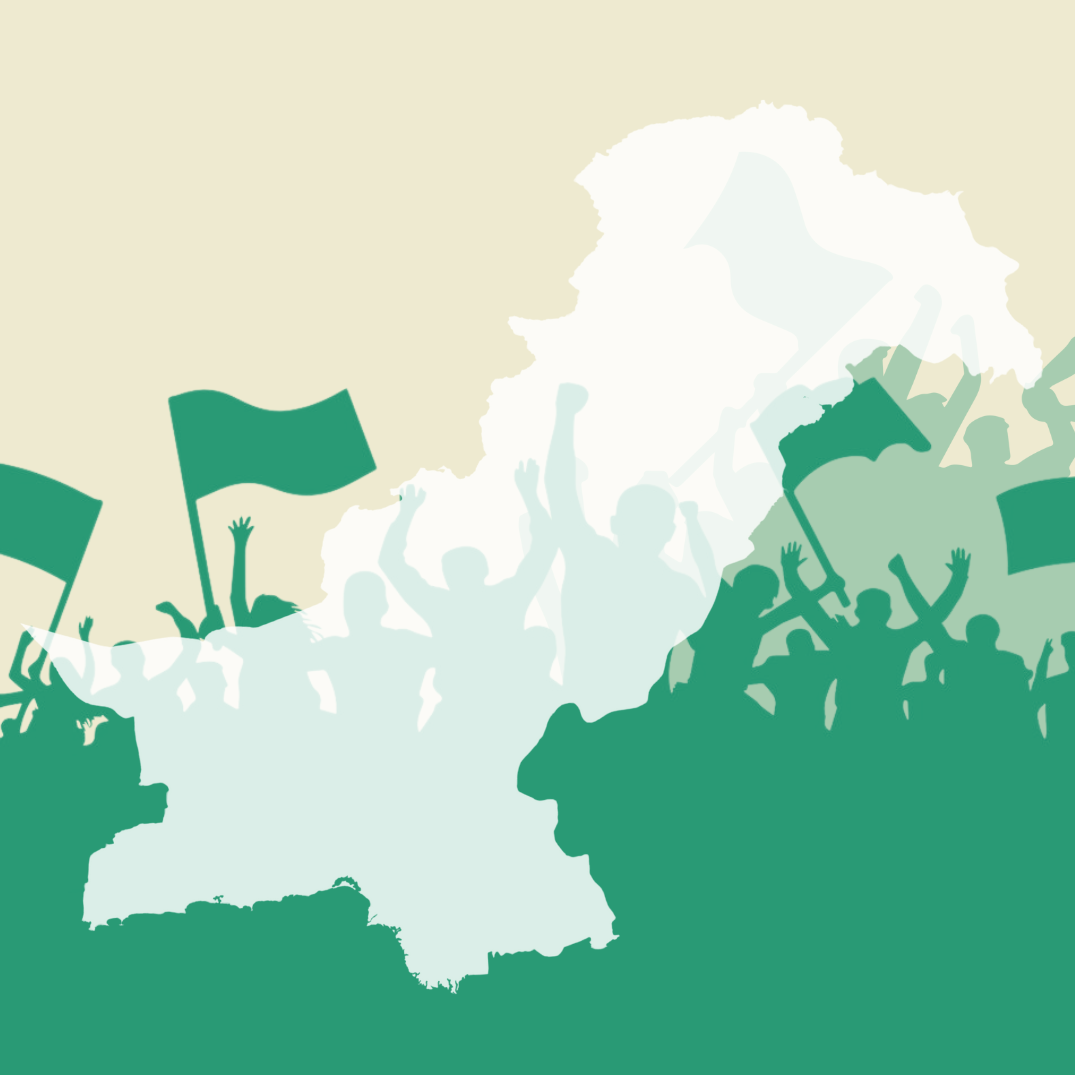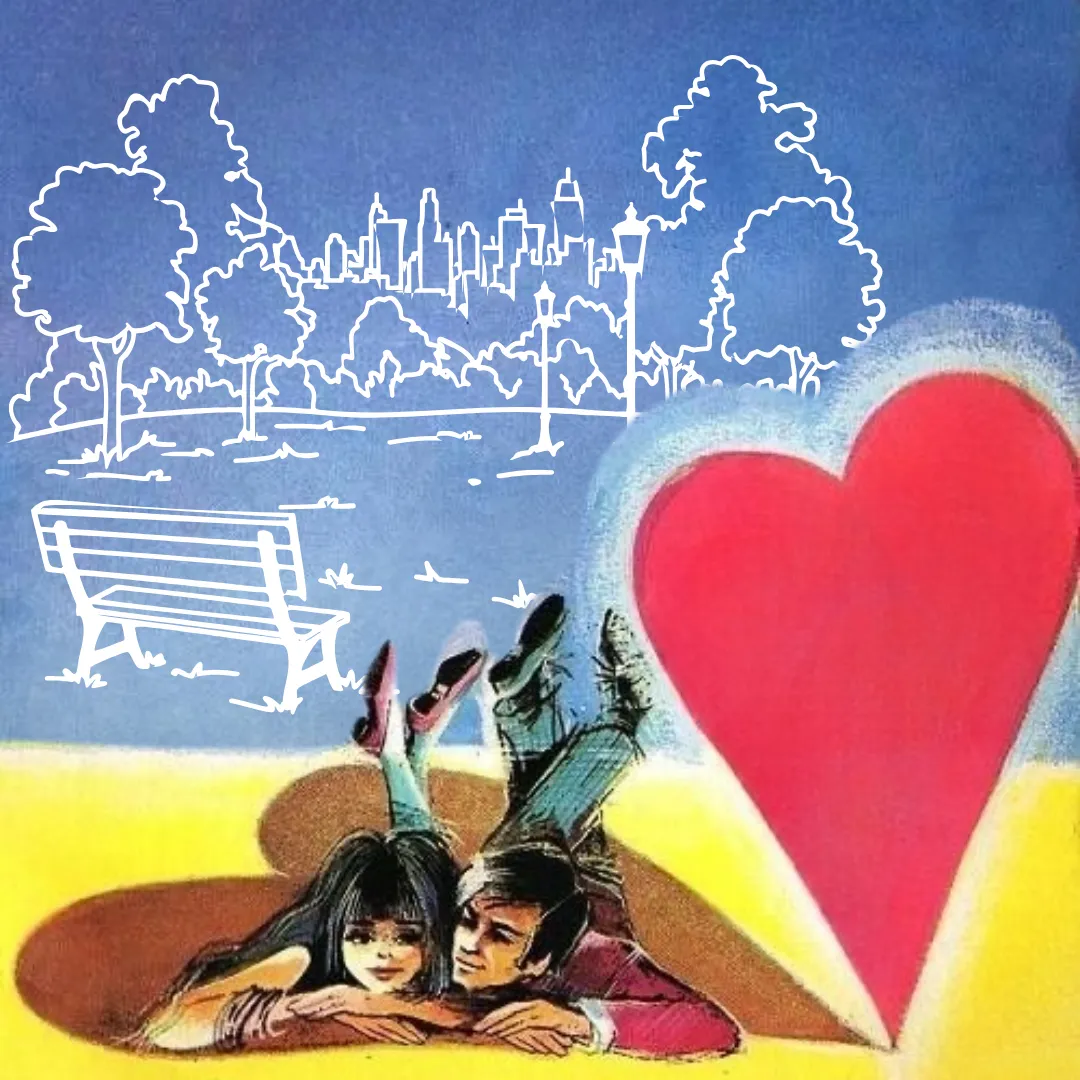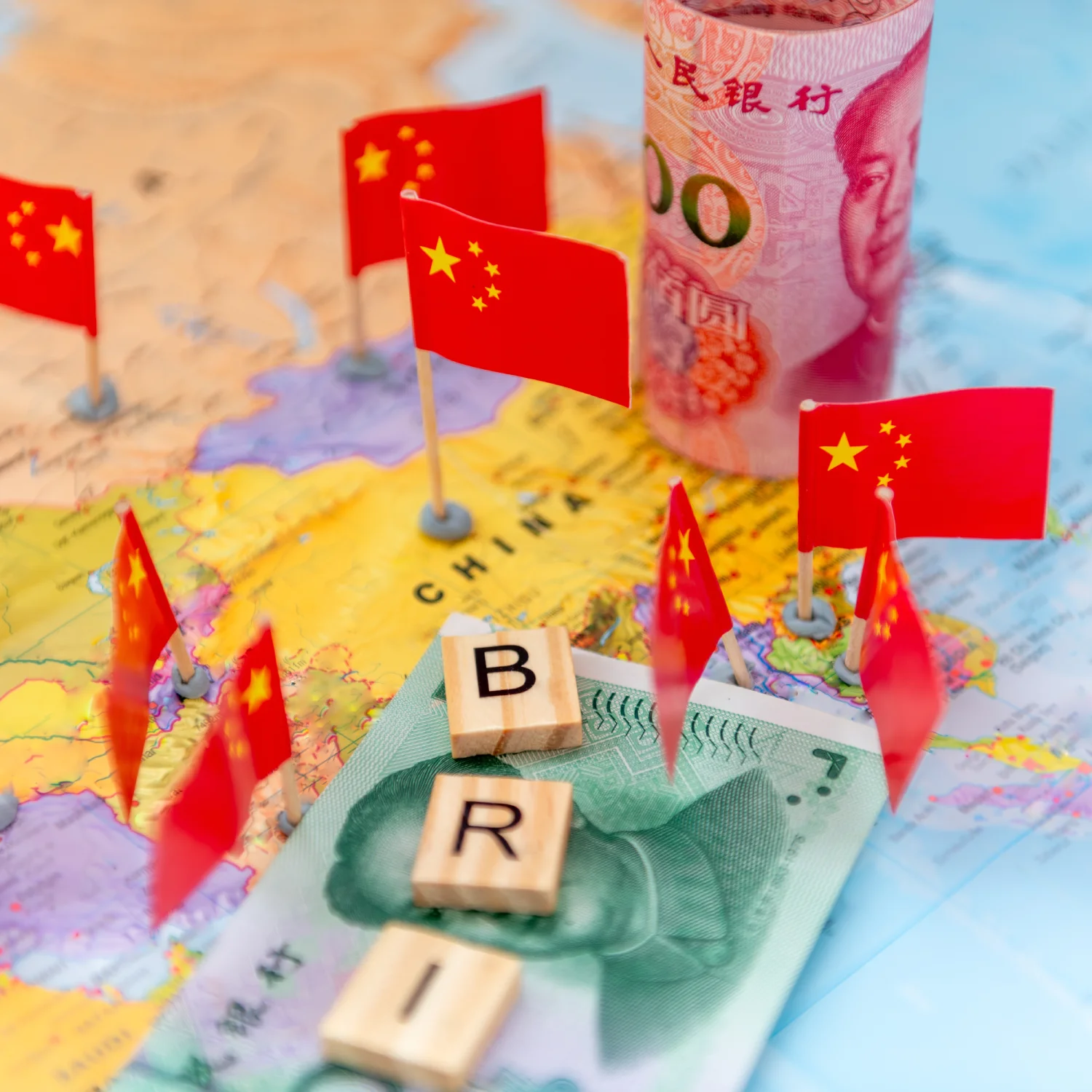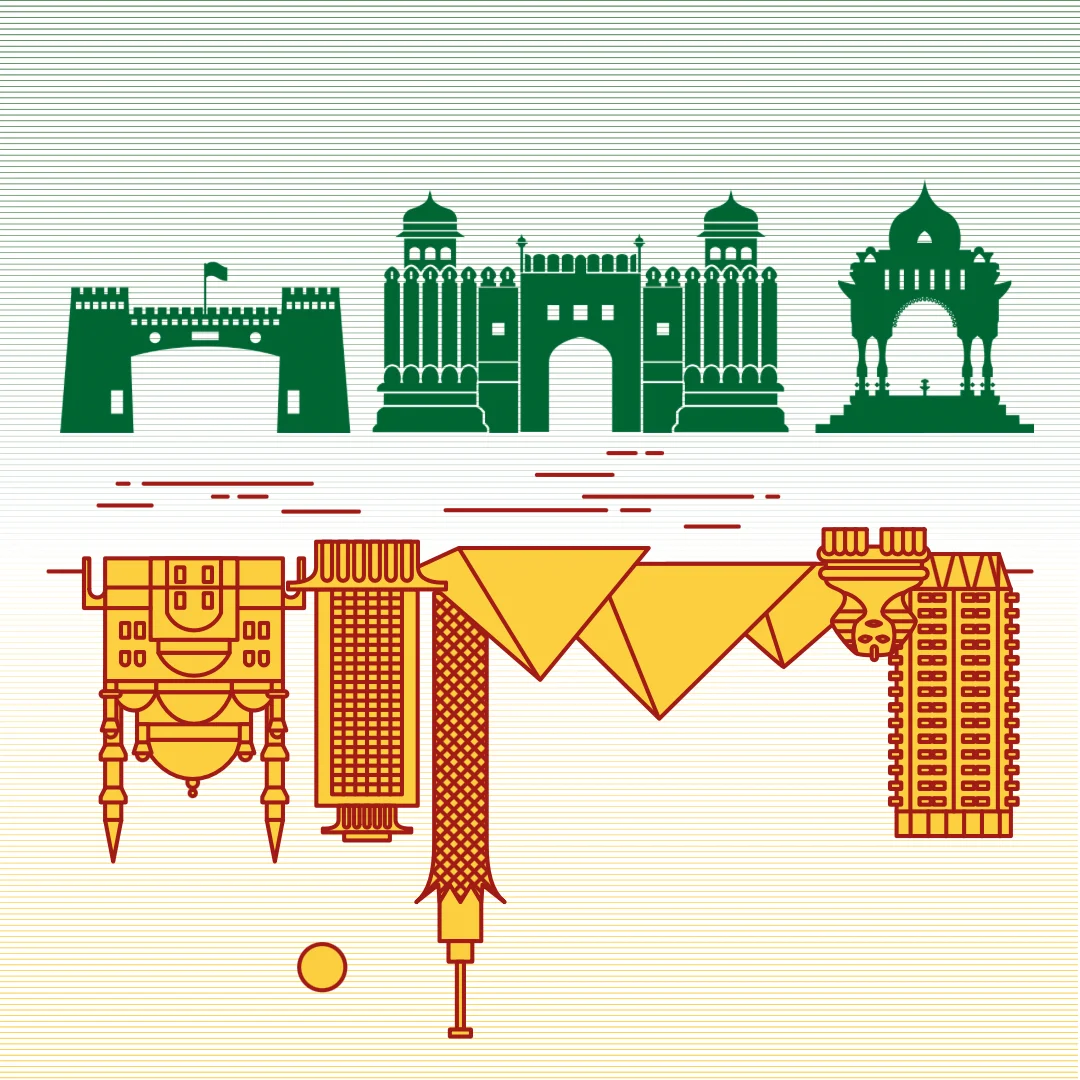78 years after the state’s creation, the national question remains central to left and progressive politics in Pakistan. Put simply, the question asks if the right of self-determination and national liberation is an automatic right for any community that claims collective consciousness and shared historical existence.
Through much of Pakistan’s history, the progressive position has generally affirmed this right—it is easy to understand why. In the immediate aftermath of the state’s creation, the nation-building project created a centralised state, with a cultural agenda of Muslim nationalism that sought to flatten out ethno-linguistic differences. This naturally put it at odds with regions where language rights consciousness and ethnic mobilisation prevailed, such as in Bengal (erstwhile East Pakistan), and eventually Balochistan.
The progressive position was to oppose this centralisation, drawing on the Stalinist take that national liberation precedes class liberation, and that oppression as it actually exists often takes on ethnic and racial forms as well.
Does holding ethnicity as the primary unit of politics work in favour or against the broader progressive agenda of material wellbeing for all?
Since the creation of Bangladesh, much has happened that requires reflection on ethnonational politics. The 1973 constitution went some way into enshrining federalism and cultural protection as key principles. Two subsequent military regimes attempted to reverse this through large-scale projects of political centralisation and ethnic suppression (in both Balochistan and Sindh), but were opposed by nationalist parties in the smaller provinces and progressive forces in Punjab.
This opposition came with its own successes. Despite recent moves at building a centralised hybrid-authoritarian regime, and amid much hand-wringing, provincial autonomy in administration and finances remains in place. While the electoral process remains heavily compromised, top-down projects of cultural suppression, especially those that deny language rights, are no longer attempted; categorical ethno-racial discrimination of the sort encountered by the Bengalis is not a central logic of how power is wielded by the centre or in the provinces.
Keeping in mind these changes, should there be a reappraisal of the national question within progressive politics as well?
None of this is to imply that the issue of centre-province relations, or of ethnic inequality, is no longer relevant. The continued militarisation of politics and the denial of democratic voice in Balochistan and ex-FATA are, ultimately, examples of both. Any politics that claims to be progressive has to, at the minimum, advocate for reduced militarisation and restoration of democracy to regions long ravaged by domestic and imperial politics.
But at the same time, the gradual inclusion of the Pashtun heartland and Sindh into centralised governance suggests a significant departure from the nadir of 1971. In contrast to the centre, since 2010, provincial autonomy has delivered stability of rule to the provinces, along with a fair amount of financial resources. All three mainstream parties have used these to entrench themselves, with the PPP in Sindh and to some extent the PTI in KP, incorporating ethno-national currents within their folds. Even the PMLN has expanded space for a nascent Punjabi cultural nationalism in its stronghold.
This partial success of the 18th amendment also reveals the limits of mainstream ethno-national politics in the country, and the reason why it may sit uncomfortably with other progressive principles.
The first such limit is the end result of provincial autonomy, long sought by ethno-nationalists in the country and achieved in some form over the past two decades. Rather than being accompanied by greater democratisation of governance, and further decentralisation, it has, instead, contributed to concentration of power at the provincial tier. In multi-ethnic provinces such as Sindh and Balochistan, this has worsened intra-provincial disparities in political participation and distribution of resources.
The second limit is the class dynamic of ethno-nationalist politics. At the level of the provinces, greater autonomy has predictably reinforced the class power of dominant groups. Provincial political elites all belong to the propertied classes, and the distribution of rents and patronage that sustains their political position further reinforces elite dominance. While cultural representation may have been secured, material inequality remains unaddressed, despite occasional attempts at initiating redistributive programs.
The third limit is an ideational one. In countries where underdevelopment maps onto geography, and where geography is often associated with one specific community or another, it is hard to move past ethnicity as the basic unit of politics. But it is important to remember that this inequality is being shaped by geography and economic structures, rather than purely by ethnic or racial animus (as is the case of African-Americans in the US or Dalits and Muslims in India).
In such a scenario, does holding ethnicity as the primary unit of politics work in favour or against the broader progressive agenda of material wellbeing for all? At its worst, ethnic primacy essentialises communities and leads to a zero-sum outcome, where benefits for one’s own community are to be pursued at the expense of all those outside of the community. It also provides a dangerous opening into nihilistic violence that targets individuals purely on the basis of their ethnic association.
A progressive agenda for Pakistan will eventually have to move past the national question if it aims to address broader issues of inequality and underdevelopment.
Given these limits, a progressive agenda for Pakistan will eventually have to move past the national question if it aims to address broader issues of inequality and underdevelopment. The successes of sub-national politics are apparent, especially in securing some level of provincial autonomy and cultural representation. Outside of Balochistan, the quest for ethnic liberation has been moderated by participation in mainstream politics. This lesson should be applied for the restive province as well, and the demand for greater democracy and demilitarisation should remain absolute.
But alongside this demand, the conversation will benefit from a shift towards questions of substantive decentralisation through local governments, redistribution of provincial resources to address intra-region disparities and a greater focus on material well-being for all.





